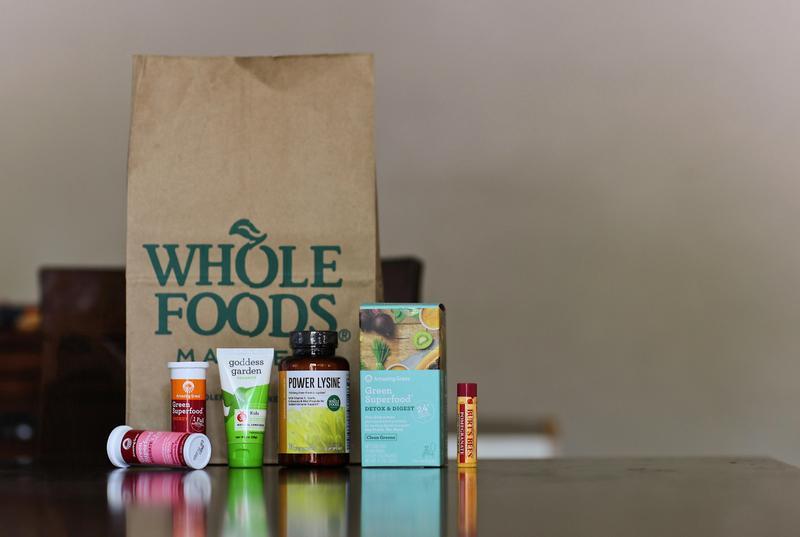The 8 Best Supplements To Improve Your Health
The 8 Best Supplements To Improve Your Health
You eat right and exercise, but you still feel like something is missing. And, with all the vitamins and powders on the market, it’s easy to get overwhelmed and confused. Luckily, there are several supplements that have been shown through research to increase your health and give you the boost you need.
1. Omega-3 Fatty Acids
Heart disease is a leading cause of death across the world. One of the most thoroughly studied and highly-regarded supplements to boost heart health are Omega 3 Fatty Acids. There are some excellent food sources of Omega 3s, including some nuts and fatty fish. However, concerns about high levels of mercury accumulation in fish lead many people to opt for dietary supplements.
2. Probiotics
Gut health is crucial to your overall wellness. In fact, a huge portion of your body’s immune function is carried out in your gut. Help boost the diversity and vitality of the microbiome by adding probiotics to your diet. Dr. Steven Gundry recommends adding in not only probiotics, but also targeted proteins that can help heal a leaky gut and soothe its irritated or inflamed lining. Be sure to include plenty of healthy prebiotic fiber into your regular diet to help give those bacteria a boost.
3. Coenzyme Q10
An important antioxidant for heart health, Coenzyme Q10 has shown in some studies to be an effective support for people who have had heart attacks in the past. It is linked to thyroid function and may help reduce the incidence of Graves disease and certain types of cancers. Coenzyme Q10 is easily depleted by several types of common medications, making supplementation an ideal way to ensure you have sufficient levels in your system.
4. Vitamin D
Vitamin D can be produced by your body when you are exposed to sunlight. However, indoor lifestyles and concern about exposure to harmful UV rays keep many people from getting enough sunlight to make sufficient quantities of this vitamin. Why does it matter? Vitamin D helps your body absorb and process calcium. That is needed for, among other things, healthy bones. Vitamin D deficiency can lead to other complications as well. Since it is difficult for your body to obtain it from food sources, supplements can be helpful to make sure you get your daily recommended dose.
5. Zinc
Research indicates that zinc acts as a gentle brake to your immune response, keeping it from running out of control. This limits chronic inflammation that has been linked to several serious health complications. There is also strong evidence that zinc, when taken soon after the onset of symptoms, can shorten the severity and duration of a cold.
6. Magnesium
If you deal with symptoms of anxiety or chronic stress, taking magnesium supplements may help relieve them. It works by tamping production of cortisol, also known as the stress hormone. Many people also report that magnesium can help ease the frequency and severity of headaches, including migraines. In fact, many headache sufferers have low magnesium levels. The American Migraine Foundation recommends taking between 400 and 500 mg a day to help prevent migraines.
7. Iron
There has been a big push toward plant-based eating, which has shown tremendous health benefits. But, for people who are used to getting their iron from red meat sources, it can also be a nutritional balancing act. Iron is used by your body in the formation of red blood cells. Without it, hemoglobin, which carries oxygen throughout the body, cannot form. Deficiency is characterized by a lack of energy, dizziness, and cold hands and feet. If you aren’t getting enough from dietary sources, consider adding a supplement.
8. B Vitamins
Adding a B-complex vitamin to your routine can help promote healthy neurological function and restore energy levels. B vitamins help your body process food more effectively. For example, B12 is linked to better memory, no matter your age, while Biotin (B7) supplements may help restore brittle nails over time. A complex may also help you utilize iron and reduce your chances of developing anemia.
The best way to get vitamins is through a well-balanced and healthy diet. If you suspect your diet is lacking, talk to your health care provider about how supplements can help fill any gaps and give your health a boost.
Be the first to post a message!
